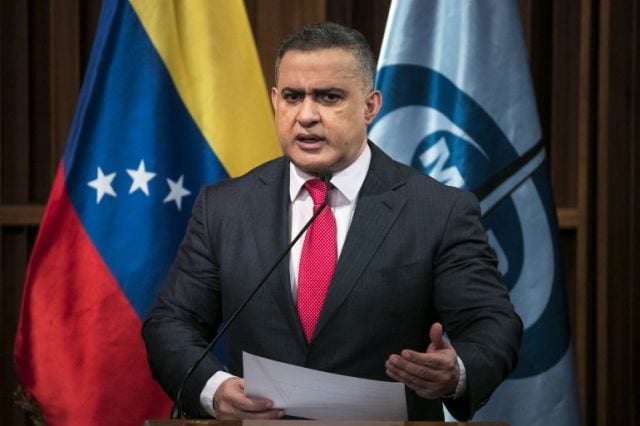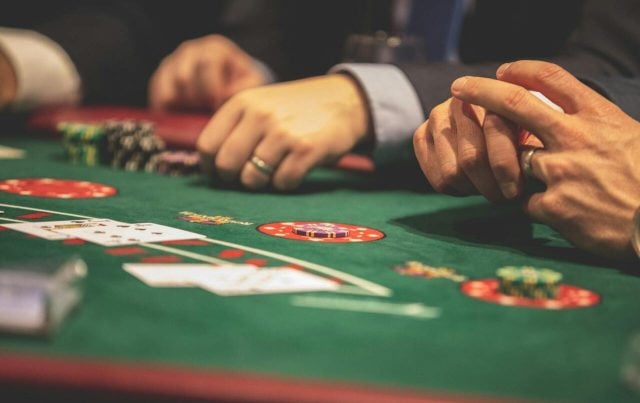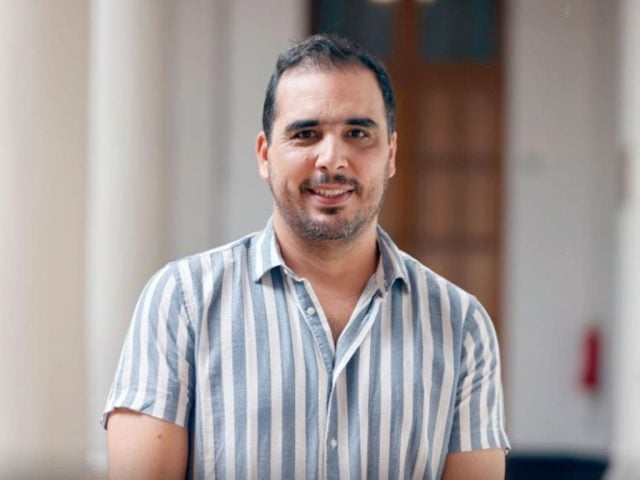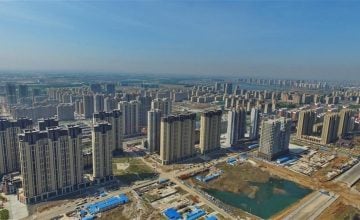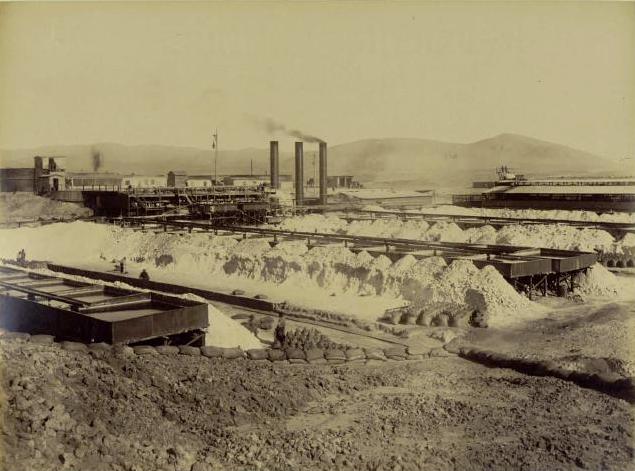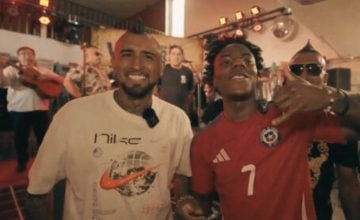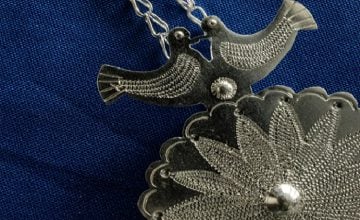The Public Ministry (MP) of Venezuela sent a new update to the Office of the Prosecutor of the International Criminal Court (ICC) to report on the procedural advances and investigations related to several cases of human rights violations, perpetrated by State security personnel.
Over the weekend, the Venezuelan attorney general, Tarek William Saab, detailed that the third extension of the reports previously sent (on October 2, 2020 and February 5, 2021), was sent last Friday to respond to the requirements made by the ICC Prosecutor’s Office, indicated a report by RT.
«This new document, which is already the third, is nothing more than the continuation of the absolutely unrestricted collaboration of the Venezuelan authorities with the ICC Prosecutor’s Office, in all those points on which it has been requested», said Saab, referring to to the preliminary examination opened by that court, in February 2018, for alleged abuses by officials of the security agencies. On that occasion, the Venezuelan State affirmed that it was committed to punishing, sanctioning and prosecuting those who violated human rights.
Although the MP statement expresses «the will of collaboration» of Venezuela, Caracas assures that, to date, the process has been marked by «the lack of transparency» in communication, since «it is only being developed by the State towards the Prosecutor’s Office of the ICC and not vice versa”.
For this reason, Venezuela asks the ICC to report if «the specific commitments announced, and the measures already adopted at the national level, are sufficient for the evaluation carried out in the current phase», and urges the court to notify «with certain haste” if there is “any particular observation”, so that the State can comply with “the concrete proposals of improvement”.
Prior to reading the statement, Saab made reference to five emblematic cases that have evolved through the investigations: the deaths of councilor Fernando Albán and captain Rafael Acosta Arevalo, while they were deprived of liberty; the death of the opposition protester Juan Pablo Pernalete, during a protest; the so-called ‘El Limón Massacre’ in La Guaira state; and the homicide of two workers of the Guacamaya TV media outlet, in the state of Zulia.
Venezuela and the Albán, Acosta Arévalo and Pernalete cases
Regarding the case of councilor Albán, who died on October 8, 2018 in the custody of the Bolivarian Intelligence Service (SEBIN), accused of participating in the assassination plan against the president Nicolás Maduro, the first versions assured that he had launched himself of the main building of the police agency in Caracas.
Saab commented that the officials responsible for his arrest had been accused of «violation of custody rules», but after inquiries, the Prosecutor’s Office requested the annulment of those charges after «observing violations of constitutional guarantees». The case went back to the investigation phase and now the officers were charged with the charges of «manslaughter, violation of custody standards, conspiracy and favoring the escape of the detainee».
The head of the Public Ministry also referred to the case of Captain Acosta Arévalo, who died on June 29, 2019, when he was in the custody of the General Directorate of Military Counterintelligence (DGCIM). Arévalo was in custody for allegedly being related to an attempted coup.
Alonso Medina Roa, Acosta’s lawyer, at the time denounced to the media that his defendant had been detained in good physical condition, but that when he was presented in court he had symptoms of torture that led to his death. Given this, the Prosecutor’s Office ordered to establish «a complete and exhaustive investigation».
In September 2019, Lieutenant Ascanio Tarascio and Second Sergeant Estiben Zárate, both officials of the Bolivarian National Guard (GNB), were sentenced to 6 years and 8 months in prison, after admitting the facts and receiving the benefit of early termination of the process. The lawyer Medina Roa rejected the sentence, after affirming that the provisions of the Law Against Torture had been ignored.
In this regard, the prosecutor Saab recalled that the Supreme Court of Justice ordered a new investigation into the events, and on October 22, 2020 a new indictment hearing was held against the officers implicated in the alleged commission of qualified intentional homicide executed with treachery and torture.
Saab also spoke about the death of protester Juan Pablo Pernalete, which occurred on April 26, 2017, during violent anti-Chavez protests in the east side of Caracas.
The prosecutor confirmed that Pernalete died after «receiving a blow to the chest with a tear gas canister», operated by members of the GNB. In this case, 12 officials have been indicted «for the crime of pre-intentional homicide in a degree of corresponding complicity», which denies the first hypothesis aired by the Venezuelan authorities, in which it was stated that the young man had died as a result of a «pistol of captive bolt”, activated by the opposition protesters themselves.
The ‘El Limón’ massacre and the homicides of Guacamaya TV workers
The Venezuelan prosecutor also referred to two other murders, committed by members of the command of the Special Actions Forces of the Bolivarian National Police (FAES-PNB).
The first is ‘the El Limón massacre’, a crime perpetrated on June 11, 2020 against five people, one of them an escort of the then Minister of the Penitentiary Service, Iris Varela, in the El Limón sector, located on the old Caracas-La Guaira highway. The victims were: Wilmer José Yánez Carvallo (bodyguard), Arquímedes Martínez Fuenmayor, Andri González Narváez, Roger Blanco Narváez and Pedro Salceda Herrera.
In this case, five members of the FAES-PNB, identified as Sandy Bracho, Cleynis Lemus, Juan Rondón, Miguel Arias and Anthony Castellar, have been indicted and charged for «qualified homicide for futile motives, improper use of organic weapons and simulation of a punishable action».
On the other hand, the head of the Public Ministry alluded to the murders of Andrés Eloy Nieves Zacarías and Víctor Manuel Torres Guerra, perpetrated in August 2020 in the state of Zulia, inside the headquarters of the Guacamaya TV channel.
For this fact, five police officers have already been charged with qualified homicide, violation of the domicile by a public official, simulation of a punishable act, complicity, among other crimes. Saab stressed that a former MP prosecutor was charged with the crime of cover-up and association.
The prosecutor denounced that in his management, there has been the intent to make «invisible» the work of the MP. For this reason, he highlighted that in 3 years and 8 months, «716 State security officials have been indicted for alleged violations of human rights and 40 civilians as alleged accomplices», while convictions have been obtained against 153 agents responsible for crimes against human rights.
In addition – Saab said – among some of the measures applied is the restructuring of the Bolivarian National Police, which is already «part of the commitments made by the Venezuelan State».
